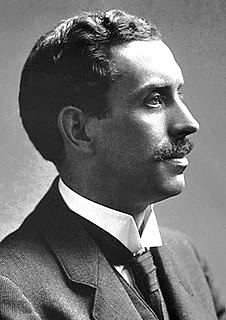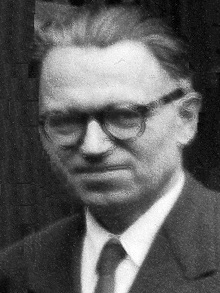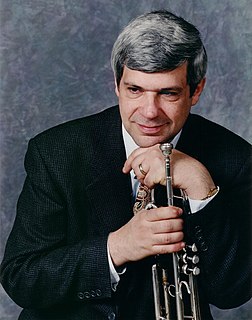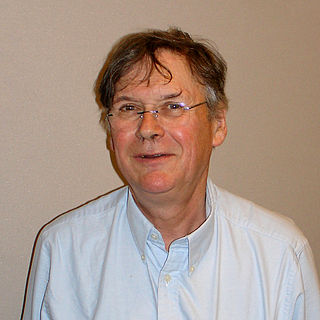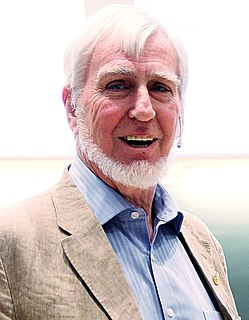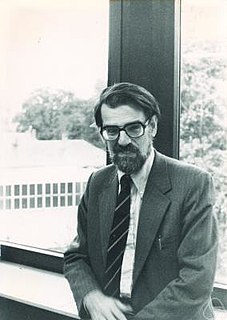A Quote by Jocelyn Bell Burnell
I may not have got the Nobel Prize, but I've won countless other awards, including 'Most Inspirational Living Woman Scientist.'
Related Quotes
There are kind of two kinds of awards you can get as a scientist. One is Nobel-like in character: it's for one big thing, for a big revolutionary discovery. And it's wonderfully well known, and of course every scientist would love to get a Nobel prize. And there's a few other similar awards. They're for individual blockbuster discoveries.
National Review once opined, many years ago, that, every year, the Nobel peace prize should go to the U.S. secretary of defense: The American military is the number-one guarantor of peace in the world. But maybe something like a Nobel freedom prize would be a more appropriate award for Reagan than a peace prize.




